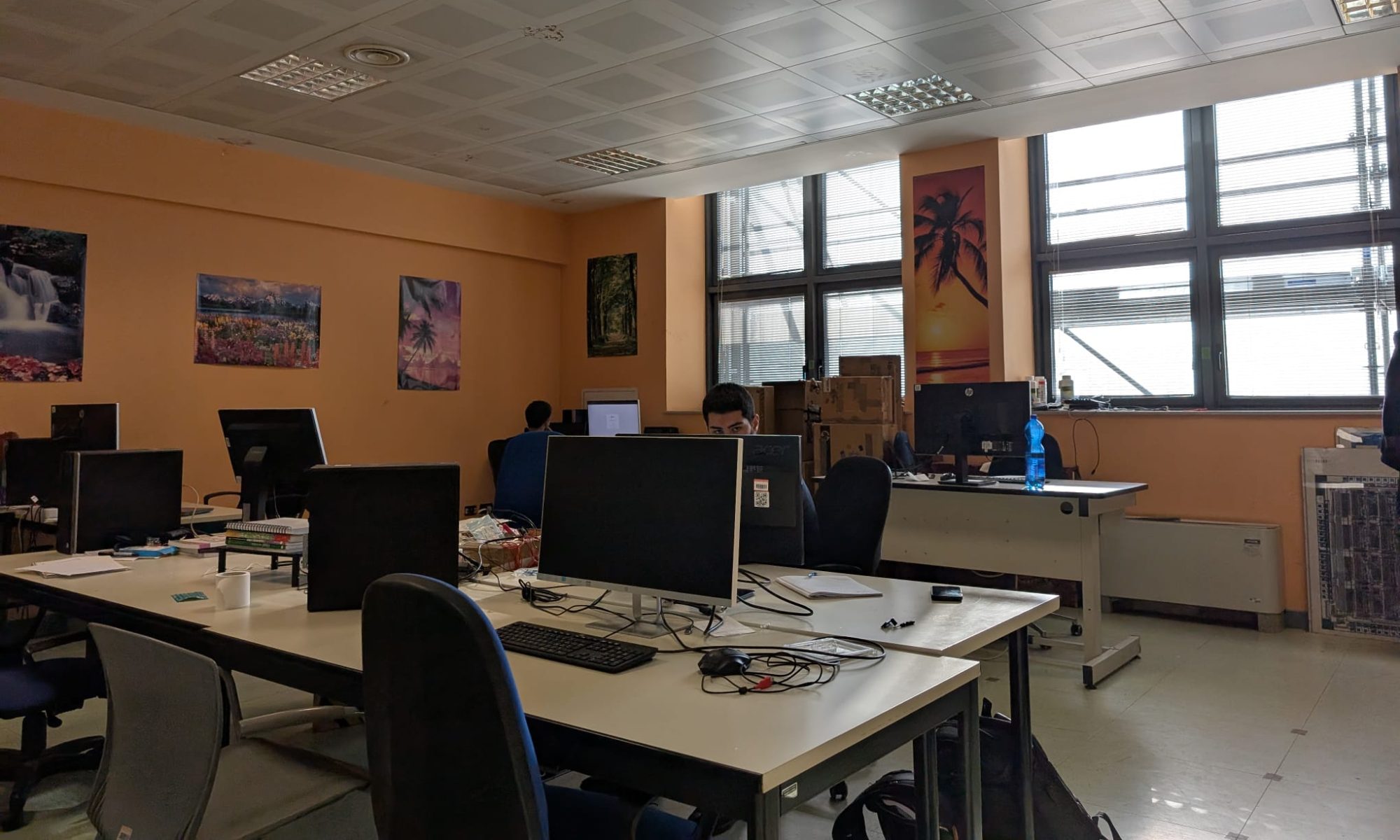Indoor human localization and identification using low-power low-cost long-distance capacitive sensors
The project, which currently involves several PhD and MS students, is aimed at finding the location of person and identifying the person among a small set, using a synergy between new capacitance-based sensors and traditional ones (e.g. infrared).
Previous research by our group has developed pilot nodes, based on an RC oscillator, that measure capacitance via frequency, transmit it to a PC, and use the data to locate the person with an error of about 30cm in a 3mx3m room.
Possible thesis topics, spanning analogue and digital electronics, embedded systems and machine learning:
-
capacitance measuring techniques highly resilient to noise (e.g., filtering, balanced sensor structures, shielding of measurement field).
-
analogue and digital front-end circuitry, aimed at measuring very small capacitance in the presence of noise from the environment.
-
sensor power management, especially controlling sleep time of various components (analogue, digital, radio).
-
low-power implementation on node of some processing functions (filters, some machine learning algorithms).
-
machine learning algorithms on the base station, to fuse data from different capacitive and other kinds of sensors.
Interested students are expected to work on one of the aspects above, in collaboration with and under the guidance of other members of the team.

